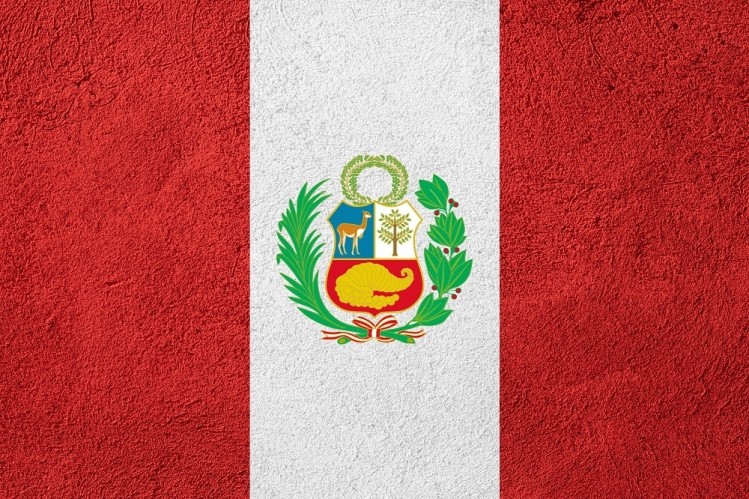Peru: United States redlists 70 Peruvian companies for health observations

The FDA import alerts, last updated on September 27, cite 70 Peruvian companies for exporting products containing illegal or undeclared substances, mislabeling, decomposition and contamination among other reasons.
“These companies are prevented from entering the US market until they meet the requirements that the authority demands,” said Carlos Posada, executive director of the Foreign Trade Research and Development Institute of the Lima Chamber of Commerce (Idexcam).
Once flagged, future shipments of the products are detained without physical examination (DWPE). To remove the import alert, a company must petition FDA’s Division of Import Operations (DIO) with proof that the problem has been permanently resolved. Eighteen products have successfully exited the list between 2009 and 2019. Of these, 13 are from the agricultural sector, three from the fishery sector and two from the medical sector.
Product details
In the food and agriculture sector, prohibited products include asparagus, fresh mangoes, hot peppers, fruit juice pulp, pet chews, soft drinks and evaporated milk, which were named for a variety of reasons including use of unauthorized pesticides and low-acid cans, the presence of salmonella, improper labeling, non-compliance with HACCP regulations or containing illegal and/or undeclared colorants.
The color additive tartrazine, although not illegal, must be declared in the US and has been linked to hyperactivity in children. It was found in the Alicorp group’s Casino cookies (strawberry and lucuma), Inca Kola from the Jose R Lindley Corporation, assorted candies from Nestle Peru and Dona Peppa nougat from Productos Cucuredo Eirl.
In response, Alicorp issued a statement that these dyes meet the international Codex Alimentarius standard and that it does not export the Casino brand to the United States.
“(The case) refers to the importation of products by a third party, without any intervention by Alicorp. The importing third party would not have followed the procedure stipulated by the FDA,” the statement read.
The list also includes Health Inca Tea, manufactured by Enaco for Inca Coca Tea Peruana S.A. According to the FDA, this product contains cocaine, although it is only labeled for “decocainized coca leaves.”
Some exports of Mahi mahi (dolphin), scallops, anchovies, mackerel and shrimp showed evidence of decomposition or histamine, presented the bacterium Listeria monocytogenes and salmonella or were misbranded.
Medical products and equipment made up a smaller share and included alternative treatments like Natura Herbal Slim Dietary Supplements for brain and liver support and unapproved new drugs like dragon’s blood extract, cat's claw face ointment and snail secretion cream, as well as anesthesiology, cardiovascular, dental and neurological devices.
Last year, Peru's Foreign Trade and Tourism Ministry (Mincetur) published a guide to facilitate the entry of Peruvian products into the United States, providing Peru's exporters with an overview of procedures and formats required for the FDA’s Generally Recognized As Safe (GRAS) designation.
“Peruvian exporters must keep in mind that demanding markets such as the United States apply rigorous health monitoring, therefore, it is vital to meet all of the authority’s sanitary requirements for the entry of goods in order to maintain the prestige of Peruvian products in international markets,” Posada noted.






